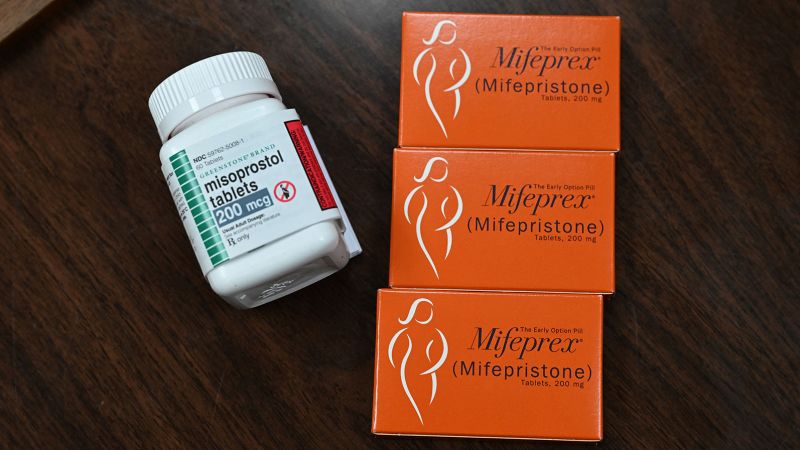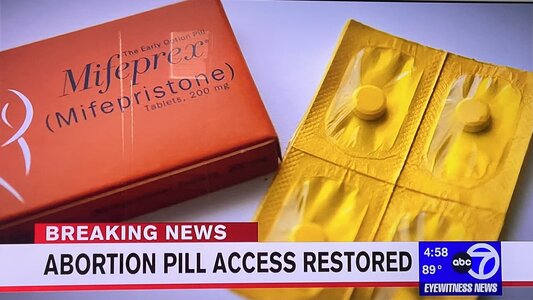Demon
Brilliant_Rock
- Joined
- Feb 16, 2009
- Messages
- 1,854
A federal judge said he will suspend the FDA’s two-decade-old approval of a medication abortion pill, but he is pausing his ruling for seven days so the federal government can appeal.
My goodness, what can possibly come next?
Normally, I'd say an appeal to SCOTUS which should take care of it. But these are not normal times. I think we know what SCOTUS will do - either uphold this judges ruling or refuse to hear the appeal.














300x240.png)